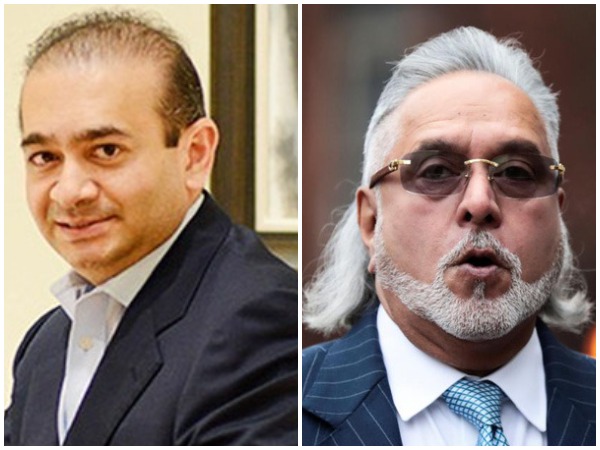LONDON: In February this year, UK’s Home Secretary Priti Patel signed the extradition order of fugitive Nirav Modi, accused of USD 2 billion bank fraud in India.Similarly, another economic offender billionaire Vijay Mallya, owner of now-defunct Kingfisher Airlines is facing extradition and is out on bail. In 2019 his extradition was also approved by the then Home Secretary. However, both fugitives are using all available legal remedies to escape extradition to India.Billionaire fugitives hired expensive lawyers to use every trick in the book of law to evade deportation to India. The common argument being that they will not get a fair trial in India, and they also use the argument of poor living conditions in Indian prisons.Despite India pressing for extradition for Nirav Modi and Vijay Mallya and assuring clean jails and fair trial, it looks like a long and unending wait to get these economic offenders back in India.Between January 2018 to July 2019, total 148 Indian nationals were deported from the UK. These people were deported on the grounds of their illegal entry into the UK.In addition, the UK immigration authorities/ Home Office has taken Emergency travel document from the Indian Government (HCI) for more than 1,574 additional Indian nationals, who will be deported on the grounds of their illegal entry/status, as soon as COVID-19 restrictions are normalized.India has an extradition treaty with 47 countries including the United Kingdom and also has an extradition arrangement with 11 other countries. India has signed mutual legal assistance treaties with various countries, however, extradition remains a complex process that includes cooperation with law agencies, diplomacy, international law, a treaty that is often exploited by rich fugitives as is the case of Mallya, Nirav Modi.This also raises the question that while low or middle-income persons involved in illegal entry into the country are deported, the hard-core economic criminals have been protected by legal remedies.Yesterday, at a special session on corruption in the United Nation General Assembly, Union Minister of India Dr Jitendar Singh said, “As the accused take shelter in foreign countries and conceal the proceeds of crime in complex legal structures over different countries and jurisdictions, the gaps and weaknesses of international cooperation in this area are fully exploited by them to their advantage.””India’s Fugitive Economic Offenders Act 2018 law empowers authorities for non-conviction-based attachment and confiscation of proceeds of crime and properties and assets of a ‘fugitive economic offender’ – against whom a warrant for arrest in relation to a scheduled offence has been issued by any court in India and who has left the country to avoid criminal prosecution or judicial processes,” he added.
ABOUT US
Sach News® - raising the voice of people of Jammu Kashmir since 1940. We are Publishing House of Daily Sach (Urdu Daily). Sach News, is one of the Oldest News Group of India having its office in Jammu Kashmir, Delhi. Reach us for Latest news on politics, sports, crime, education, real estate, business entertainment and much more. We provide you with the latest breaking news and videos straight from the ground zero.
Contact us: [email protected]
© Sach News Network 2011-2024 | Maintained by Sach Info Tech


